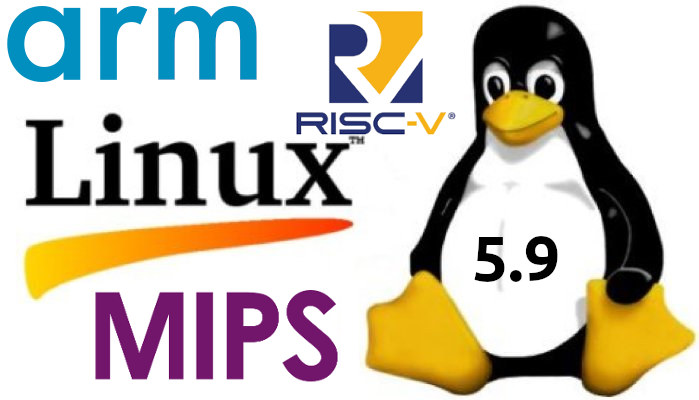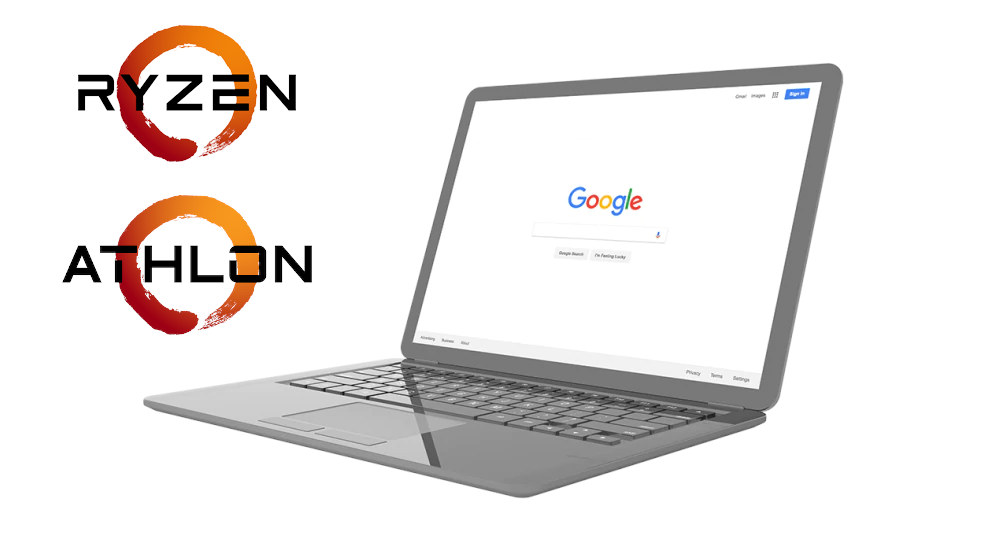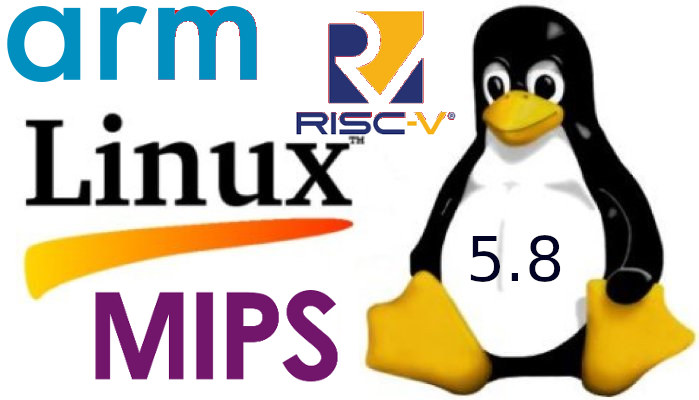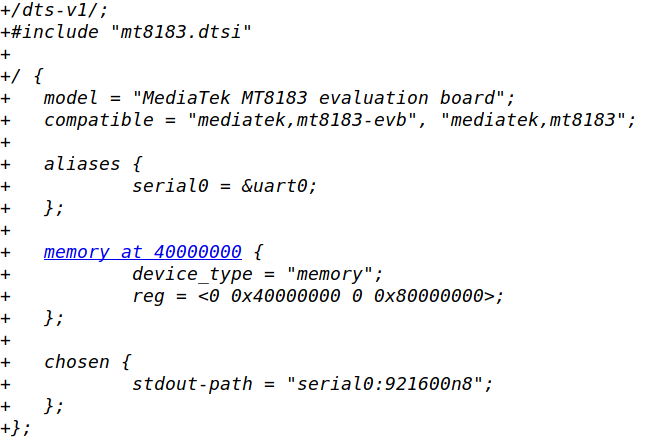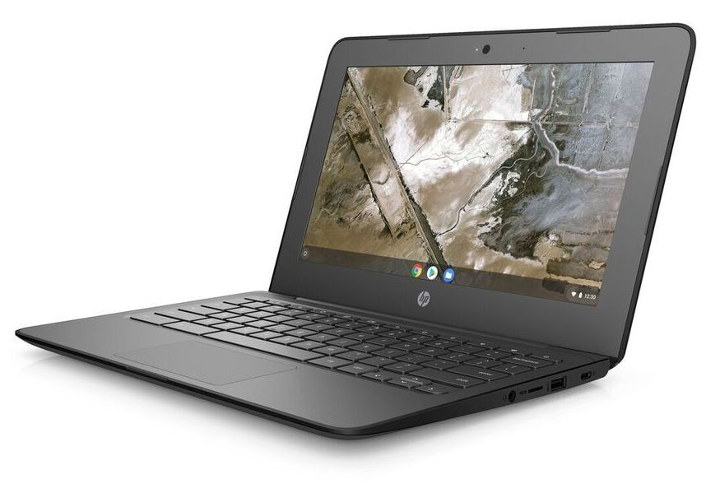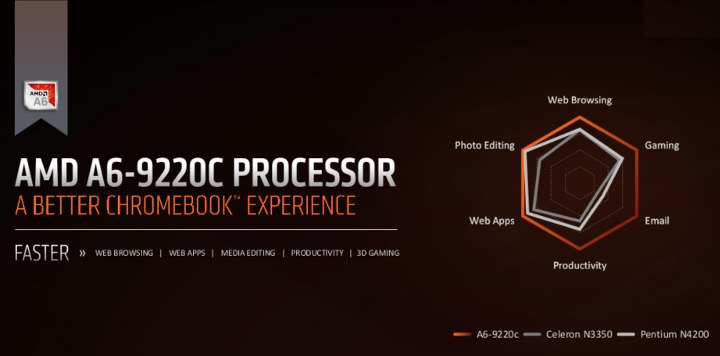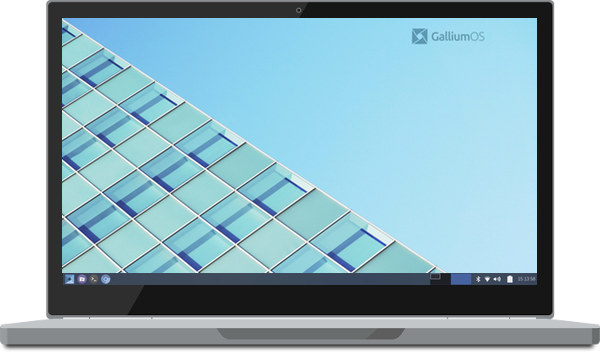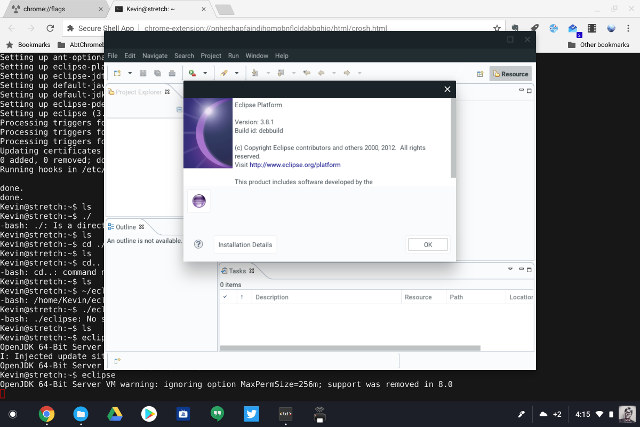Linus Torvalds has just announced the release of Linux 5.9 on lkml: Ok, so I’ll be honest – I had hoped for quite a bit fewer changes this last week, but at the same time there doesn’t really seem to be anything particularly scary in here. It’s just more commits and more lines changed than I would have wished for. The bulk of this is the networking fixes that I already mentioned as being pending in the rc8 release notes last weekend. In fact, about half the patch (and probably more of the number of commits) is from the networking stuff (both drivers and elsewhere). Outside of that, the most visible thing is a reinstatement of the fbdev amba-clcd driver – that’s a noticeable patch, but it’s basically just mainly a revert. The rest is really really tiny (mostly some other minor driver updates, but some filesystem and architecture fixes […]
AMD Launches Chromebook-Optimized Ryzen and Athlon 3000 C-Series Mobile Processors
After unveiling Athlon 3000-series of 15W mobile processors earlier this year, AMD has now announced Chromebook-optimized mobile processors with AMD Ryzen and Athlon 3000 C-Series family. Designed in collaboration with Google, the new AMD mobile “Zen” processors deliver up to 178% faster web browsing and 212% better performance for multitasking and content creation compare to the previous generation AMD A6-9220C powered Chromebooks. There are currently five 15W Ryzen/Athlon 3000 C-Series processors for Chromebooks. All processors are manufactured with a 12nm CMOS processor and look to be based on existing AMD U-series processors namely AMD Ryzen 7 3700U, 5 3500U, Ryzen 3 3250U, Athlon Gold 3150U, and Athlon Silver 3050U. All basic parameters are the same on AMD Chromebook-optimized processors, and it’s unclear to me what the differences are exactly. AMD also reported other performance metrics around with AMD Ryzen 7 3700C Mobile Processor offering up to 251% better graphics performance, […]
Linux 5.8 Release – Main Changes, Arm, MIPS, and RISC-V Architectures
Linus Torvalds has just released Linux 5.8: So I considered making an rc8 all the way to the last minute, but decided it’s not just worth waiting another week when there aren’t any big looming worries around. Because despite the merge window having been very large, there really hasn’t been anything scary going on in the release candidates. Yeah, we had some annoying noise with header file dependencies this week, but that’s not a new annoyance, and it’s also not the kind of subtle bug that keeps me up at night worrying about it. It did reinforce how nice it would be if we had some kind of tooling support to break nasty header file dependencies automatically, but if wishes were horses.. Maybe some day we’ll have some kind of SAT-solver for symbol dependencies that can handle all our different architectures and configurations, but right now it’s just a manual […]
MediaTek MT8183 Octa-core Cortex A73/A53 SoC Targets Chromebooks
MediaTek processors have been found in a few Chromebooks notably in MediaTek MT8173 powered Acer Chromebook R13, but the quad-core Cortex A72/A53 processor hasn’t made it into many models like the hexa-core Rockchip RK3399 “OP1” processor. However, I’ve been informed there are a few patchsets that have been submitted to mainline Linux and V4L2 mailing lists about MediaTek MT8183 octa-core Cortex A73/A53 processor. The latter adds a Digital Image Processing (DIP) driver on MediaTek MT8183 SoC, “which will be used in camera features on CrOS application” and some code related to MT8183 is found in Chromium OS repository, so those clues should confirm the octa-core processor will end up in Chromebooks, with the current MT8183 reference board being named Kukui. There aren’t any product pages for MT8183 on MediaTek website just yet, but by looking at the source code (e.g. Device tree file), and some clues around the web, we […]
HP Chromebook 11A G6 EE is Powered by AMD A4-9120C 6W Processor
AMD recently introduced the “new” AMD A6-9220C & A4-9120C low power processors specifically designed for Chromebooks. As pointed by CNX Software readers, AMD A6-9220 & A4-9120 processors (no “C”) have been around since 2016, and the just announced “C” (Chromebook) versions appears to be the same processors but with lower clock speed to meet the 6W TDP requirement. Two Chromebooks based on the new AMD processors – HP Chromebook 14 and Acer Chromebook 315 – were also showcased at CES 2019, and the former is now sold for $269.99. HP has already announced another AMD Chromebook with a smaller 11.6″ display: HP Chromebook 11A G6 EE (Education Edition). This model is expected to launch in February with the following specifications: SoC – AMD A4-9120C dual core processor @ 1.6 GHz / 2.4 GHz (Boost frequency), Radeon R4 graphics with 3 GPU Cores System Memory – 4GB of RAM Storage – […]
AMD A6-9220C & A4-9120C Low Power Processors Target Chromebooks
Intel will usually release new low power processors under 10W TDP every year, but that has not been the case for AMD, with the company releasing several 12-15W processors in the recent past like Ryzen Embedded V1000 series and the Ryzen 7 2700U processor I’m currently using my Ubuntu laptop. However, AMD has now announced two new A-series processors with a 6W TDP, namely A4-9120C and A6-9220C dual-core processors that specifically target Chromebooks. AMD A4-9120C key features: Processor – 2x CPU cores, 2x CPU threads @ 1.6 GHz / 2.4 GHz (Boost) Cache – 160KB L1 cache, 1MB L2 cache GPU – Radeon R4 graphics with 3x GPU Cores up to 600 MHz, support for H.26x, VP9 decode Memory – Single channel @ 1866 MHz Video Output – HDMI and DisplayPort Process – 28nm CMOS Package – FT4 TDP – 6 watts AMD A6-9220C key features: Processor – 2x CPU […]
GalliumOS is a Linux Distribution for (Intel) Chromebooks & Chromeboxes
When I wrote about Crostini VM to run Linux apps on Chromebooks last week, I was informed about GalliumOS, described as a fast and lightweight Linux distro for ChromeOS devices – meaning Chromebooks and Chromeboxes – that is based on Xubuntu. Compared to ChromeOS, GalliumOS – and other Linux distributions – provides the ability to run more programs and more flexibility, and GalliumOS is said to deliver improved performance, longer battery life, better touchscreen support, etc.. compared to competing Linux distributions. You can go over the Download page to retrieve an image for your Chromebook or Chromebox, and either replace ChromeOS or go for a dual boot setup. The distribution does not support any Arm Chromebooks for now, and only works with some Intel devices with or without caveats depending on the model used. Check out the hardware compatibility matrix for details. The source code can be found on Github. […]
Run Linux Apps in (PixelBook) Chromebook with Crostini VM
Ever since the first Chromebooks were released, it has been possible to run Ubuntu or other Linux distributions using Crouton (Chromium OS Universal Chroot Environment) on Chrome OS devices, but that requires to enable developer mode, which disables some of security features that come with Chrome OS. Google has now make it easier and safer with Crostini VM that does not require developer mode. The only downsides for now are that it only works on Google Pixelbook, and you need to install/run Chrome OS v67 dev channel with the #enable-cros-container flag enabled. Using Crostini is fairly straightforward. First start crosh terminal with Ctrl++Atl+t, and running the following command to create a VM, and launch a container:
|
1 2 |
vmc start dev run_container.sh --container_name=stretch --user=<username> --shell |
This will start a Debian Stretch environment with networking and GUI support, so you can install & run programs like you would in Debian (e.g. apt install htop). Kevin Tofel at AboutChromebooks managed […]


